GENEVA (20 August 2018) – The reunion of separated North and South Korean families has been welcomed by the UN Special Rapporteur on the situation of human rights in the Democratic People’s Republic of Korea.
“These reunions are a significant step on the path to fully respecting and honouring the human rights of all people living on the Korean peninsula and beyond,” said the Rapporteur, Tomás Ojea Quintana.
“This is the first such event since 2015 and, bearing in mind the ages of those affected, I encourage both sides to arrange more of these reunions as soon as possible so that more people can get together with their relatives and are allowed to remain in touch with them,” he added.
“The reunions which have begun today involve basic human rights and deserve our utmost solidarity,” said Mr. Ojea Quintana.
The Special Rapporteur also expressed hopes that more human rights issues would be addressed by the two Korean States in their negotiations, and stressed that the United Nations system was ready to give advice.
Mr. Ojea Quintana said he believed peace, security and development on the Korean peninsula would continue as long as the protection and promotion of human rights were duly discussed.
ENDS
Mr. Tomás Ojea Quintana (Argentina) was designated as the Special Rapporteur on the situation of human rights in the DPRK by the UN Human Rights Council in 2016. Mr. Ojea Quintana, a lawyer with more than 20 years of experience in human rights, worked for the Inter-American Commission of Human Rights, and represented the Argentinian NGO “Abuelas de Plaza de Mayo” in cases concerning child abduction during the military regime. He is a former Head of OHCHR human rights programme in Bolivia, and served as the UN Special Rapporteur on the situation of human rights in Myanmar from 2008 to 2014.
The Special Rapporteurs are part of what is known as the Special Procedures of the Human Rights Council. Special Procedures, the largest body of independent experts in the UN Human Rights system, is the general name of the Council’s independent fact-finding and monitoring mechanisms that address either specific country situations or thematic issues in all parts of the world. Special Procedures’ experts work on a voluntary basis; they are not UN staff and do not receive a salary for their work. They are independent from any government or organization and serve in their individual capacity.
UN Human Rights, country pages: DPRK / Republic of Korea
OHCHR Seoul Office
For additional information and media requests, please contact Jia LIU (jliu@ohchr.org/ +41 22 917 9791).
This year is the 70th anniversary of the Universal Declaration of Human Rights, adopted by the UN on 10 December 1948. The Universal Declaration – translated into a world record 500 languages – is rooted in the principle that “all human beings are born free and equal in dignity and rights.” It remains relevant to everyone, every day. In honour of the 70th anniversary of this extraordinarily influential document, and to prevent its vital principles from being eroded, we are urging people everywhere to Stand Up for Human Rights: www.standup4humanrights.org
